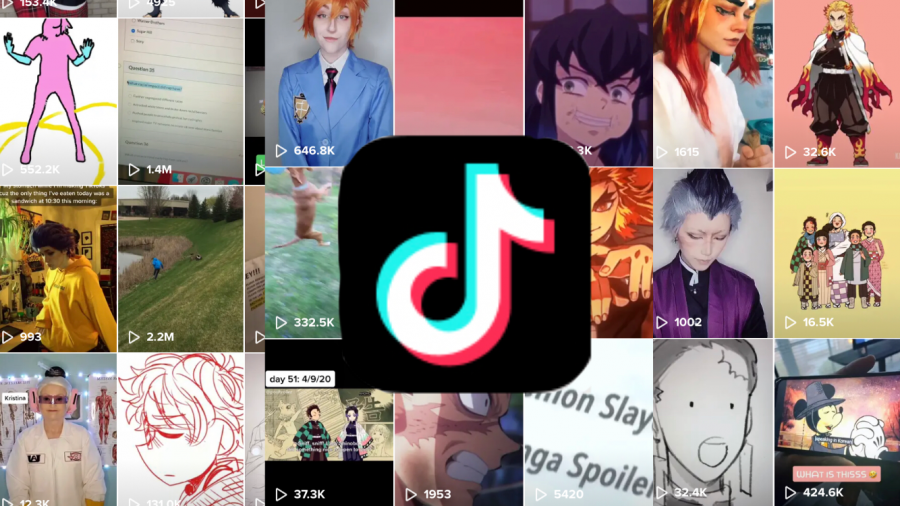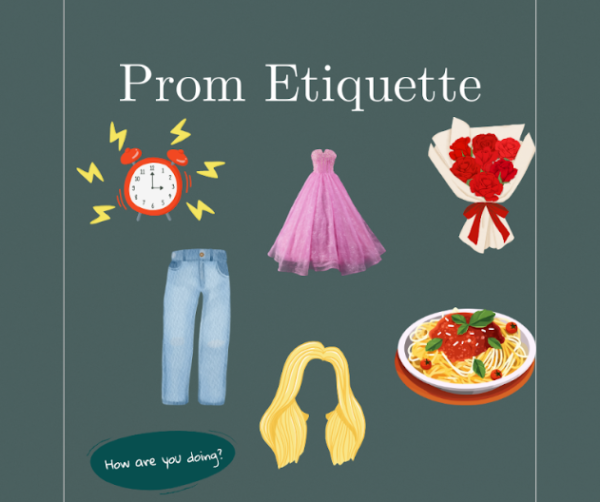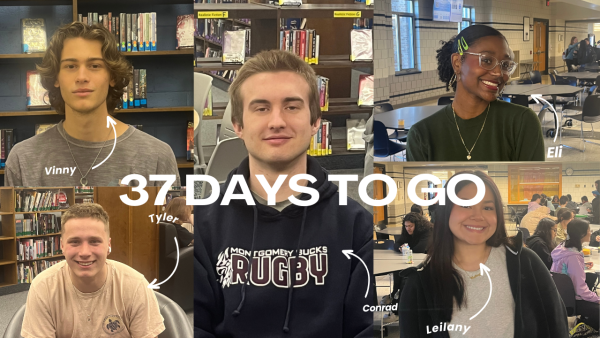The Tiktok addiction
Staff writer Olivia Hannigan explores the psychology behind instant gratification and social media.
The days crawl by in social isolation. Hours pass and, with nothing to do, it seems like nothing will come out of the day. So, to help with that, most of us spend time scrolling through Instagram or Youtube. A new competitor has quickly risen up from the few years that it’s been popular, and it might impact those two companies forever.
The competitor is Tiktok, filled with people dancing or making jokes that will be in our saved folders forever. Between the catchy songs and cute animations, it’s no wonder why people choose to spend most of their time on the app. Just in the first week of owning it my screen time went up by half an hour, and has been on a steady rise since quarantine started. After getting so lost in Tiktok that I forgot to eat, many have been wondering why this happens. Why do people forget their needs for an app? Why do people spend hours of their lives watching other people on a tiny box in our hands?
Part of it would be instant gratification. Instant gratification is the idea of getting something without delay. Think of ordering something online and getting anxious when it doesn’t show up immediately, or a little kid buying something from a store and wanting it the second the cashier puts it in a bag. It’s a powerful weapon that companies use.
Keeping that in mind, think of the limit that Tiktok puts on its videos. Most of them are under thirty seconds, and even the ones that are a minute long are skipped over when they take too long to get to the point. Without that instant gratification, the brain feels no need to spend any more time on a certain video.
Normally, this wouldn’t be too big of a problem. Every now and then we can only watch a thirty second video and move on. But with Tiktok, it’s video after video, each one a shorter length than the other. This is conditioning our brains to get used to it. With that, after watching only Tiktoks for a week straight, a twenty minute Youtube video could seem like it’s an hour long.
Going back to how Tiktok hurts Youtube and Netflix, not many people can sit and watch a long episode of a show, no matter how good it is. Our brains will naturally want the show to get to the point, to get from A to B, fast and efficiently. The less we want to watch, the less views they get, and the less money they make.
On a much smaller scale, Youtube creators who rely on those views to make a living could be getting hurt. While many have taken to making their own Tiktok accounts, those who haven’t would be hurt by the lack of views. Most full-time Youtubers reach a twenty minute minimum for their videos, and Twitch streamers often go hours playing games. When their target audience – the same audience that Tiktok follows – can no longer sit and pay attention to their videos for that long, they begin to struggle to make a living.
Not to say that Tiktok is a bad app; it’s actually one of the more welcoming apps that float around due to the communities that stay there. But like everything else, it’s good in short spurts.













Brian Haley • Apr 29, 2020 at 5:19 pm
Well done Olivia. I am concerned about all things electronic and social media. This helped me understand the Tik-Tok phenomenon.